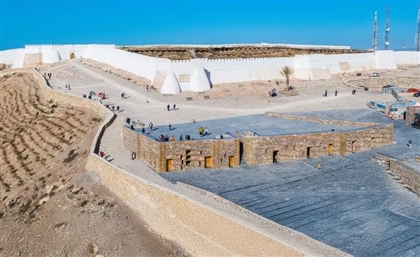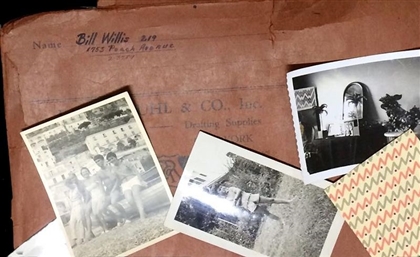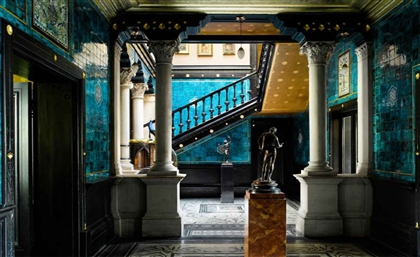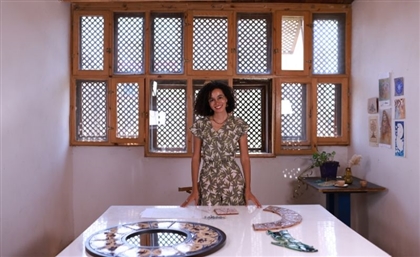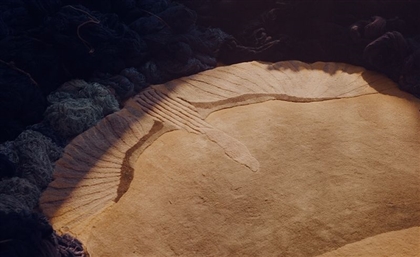These Giant Chess Pieces Bring Moroccan Textile Traditions to Life
A giant chess set by Zoubida brings together Moroccan artisans, family bonds, and the memories woven into craft.
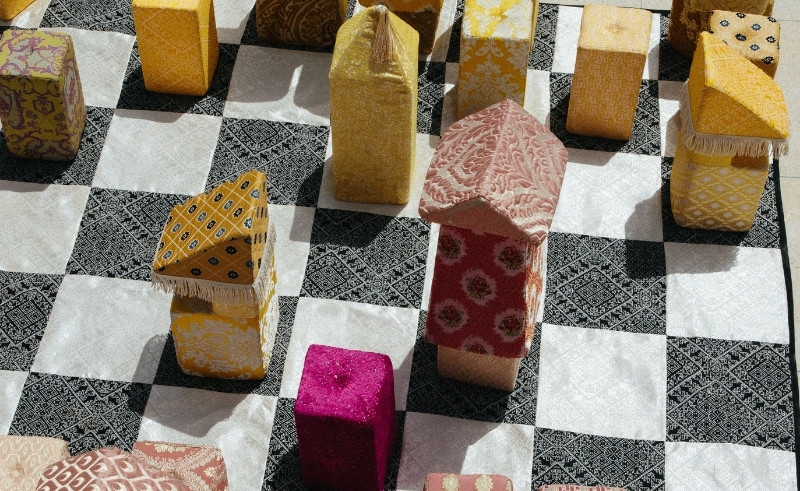
How does a giant chess set herald a recovery of ancient craftsmanship? Across Morocco, generations of artisans have safeguarded techniques of weaving, carving, and hand-finishing. Yet these practices are increasingly fragile as younger people turn away from traditional crafts. Zoubida, a practice founded by French-Moroccan creative Sophia Kacimi, set out to respond to this shift by rethinking how such skills might find renewed relevance through design.
From its beginning, Zoubida was shaped by two guiding rules: “It had to be made and sourced from Morocco, and everything had to be made with Moroccan artisans,” Sophia Kacimi tells SceneHome. The aim was not to rely on factories, but to build lasting relationships with individual artisans. What started with clothing - unique “art to wear” garments - soon expanded into projects that explored scale, interaction, and the potential of craft to inhabit space.
The name 'Zoubida' itself holds a story. As a child visiting family in Morocco, Kacimi often heard the word without knowing its meaning, imagining it to mean “that’s life” or “it is what it is.” Only later did she discover it was simply the surname of neighbours. For her, the word became a symbol of openness and acceptance, a spirit of approaching challenges with patience - a sensibility that continues to shape her work with artisans today.-ef9eb1a2-c87f-469c-9eb4-c7e1244302a7.jpg) The earliest experiments drew on upholstery jacquard, a fabric charged with memory. “In France we have this saying, madeleine de Proust,” Kacimi explains, “it’s about how a simple taste or texture can suddenly take you back to childhood. For me, this fabric does exactly that - it carries the weight of memory and familiarity.” When reworked into a jacket by a Moroccan seamstress, the material shifted from the domestic sphere into an unexpected form of outerwear. The strong response it generated in London signalled the beginning of Zoubida’s trajectory.
The earliest experiments drew on upholstery jacquard, a fabric charged with memory. “In France we have this saying, madeleine de Proust,” Kacimi explains, “it’s about how a simple taste or texture can suddenly take you back to childhood. For me, this fabric does exactly that - it carries the weight of memory and familiarity.” When reworked into a jacket by a Moroccan seamstress, the material shifted from the domestic sphere into an unexpected form of outerwear. The strong response it generated in London signalled the beginning of Zoubida’s trajectory.
This path later gave rise to the Giant Chess Set, a project developed with artisans from Fez and Rabat. Here, skills honed through furniture-making and textiles were reimagined at a different scale. Each piece was handcrafted: pawns shaped from carved wood, rooks and knights rising as sculptural forms, and kings and queens crowned with textile inlays. Standing nearly waist-high, the pieces combined the tactile weight of traditional materials with the playfulness of a game board. “At first the artisans weren’t sure why we were doing this, but they placed their trust in me, and seeing their pride when the work was finally shown meant everything,” Kacimi says.-0058f56e-75f2-41a7-a54d-3597f2784ea9.jpg) The installation itself stretched across the gallery floor, with a patterned textile board anchoring the set. Visitors were invited to move through the grid, navigating between towering pieces that transformed the familiar game into a spatial encounter. Some played, others simply wandered among the figures, but all became part of the work’s choreography.
The installation itself stretched across the gallery floor, with a patterned textile board anchoring the set. Visitors were invited to move through the grid, navigating between towering pieces that transformed the familiar game into a spatial encounter. Some played, others simply wandered among the figures, but all became part of the work’s choreography.-36e523c7-369e-45ea-8da2-7173b544b40e.jpg) The choice of chess was deliberate. Its familiarity made the installation immediately accessible, while its structure of hierarchy and interdependence carried symbolic weight. “In chess the king is the main piece, but he can only move in small ways compared to the others - and they protect him. This applies to me as well, because everything I do depends on my artisans,” Kacimi says. Families and groups gathered around the board, transforming it into a place of play and exchange.
The choice of chess was deliberate. Its familiarity made the installation immediately accessible, while its structure of hierarchy and interdependence carried symbolic weight. “In chess the king is the main piece, but he can only move in small ways compared to the others - and they protect him. This applies to me as well, because everything I do depends on my artisans,” Kacimi says. Families and groups gathered around the board, transforming it into a place of play and exchange.-b4108e37-9975-4214-9d78-3fff9448da38.jpg) For Kacimi, the lesson of these projects lies in the strength of shared effort. “You can create a name for yourself by doing something different, and that’s what I’m trying to do. If we feel something is missing, we should go for it. What I’ve realised is that working together is powerful. In today’s world it’s often about individuality, but we need community, friends, and family. With Zoubida I’m doing this with my dad, and when I visit the artisans, they understand me more because of that. In Morocco it’s always about family.”
For Kacimi, the lesson of these projects lies in the strength of shared effort. “You can create a name for yourself by doing something different, and that’s what I’m trying to do. If we feel something is missing, we should go for it. What I’ve realised is that working together is powerful. In today’s world it’s often about individuality, but we need community, friends, and family. With Zoubida I’m doing this with my dad, and when I visit the artisans, they understand me more because of that. In Morocco it’s always about family.”
- Previous Article Cityscape Egypt 2025 to Spark Design Conversations in Cairo
- Next Article Baghdad Reimagined: A Tribute to Cultural Heritage Through AI
Trending This Month
-
Jan 31, 2026




